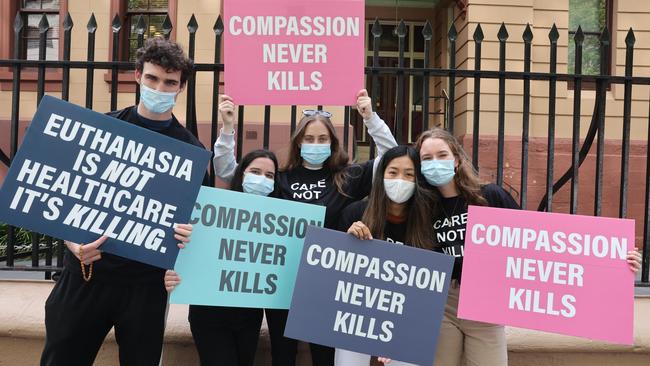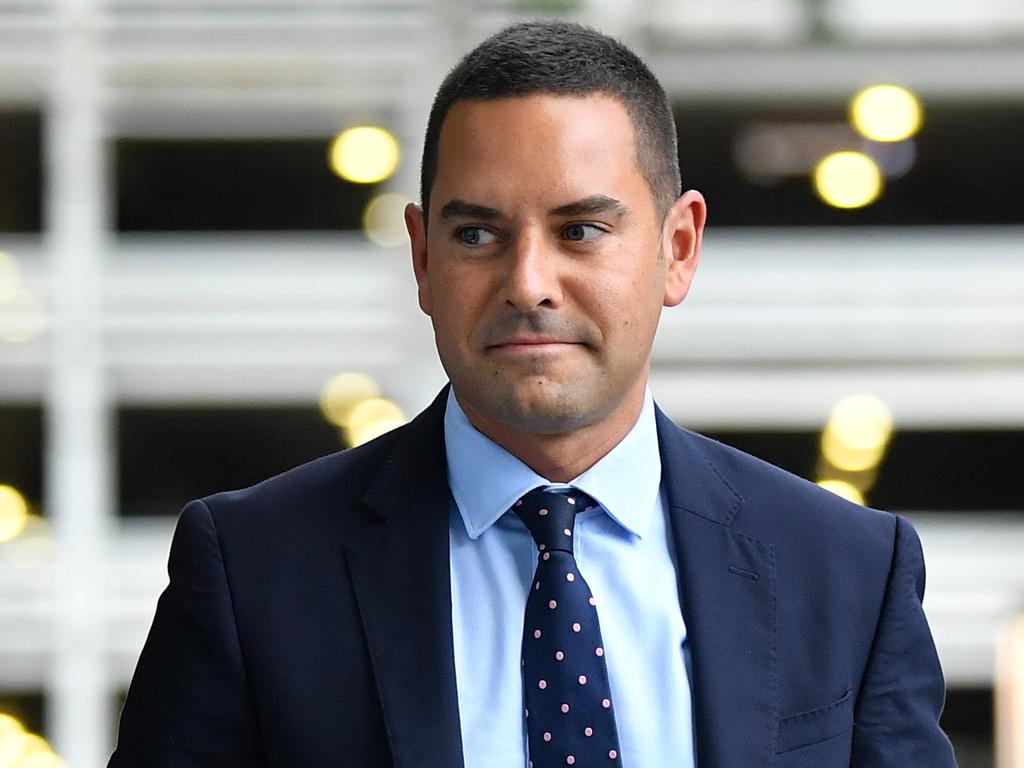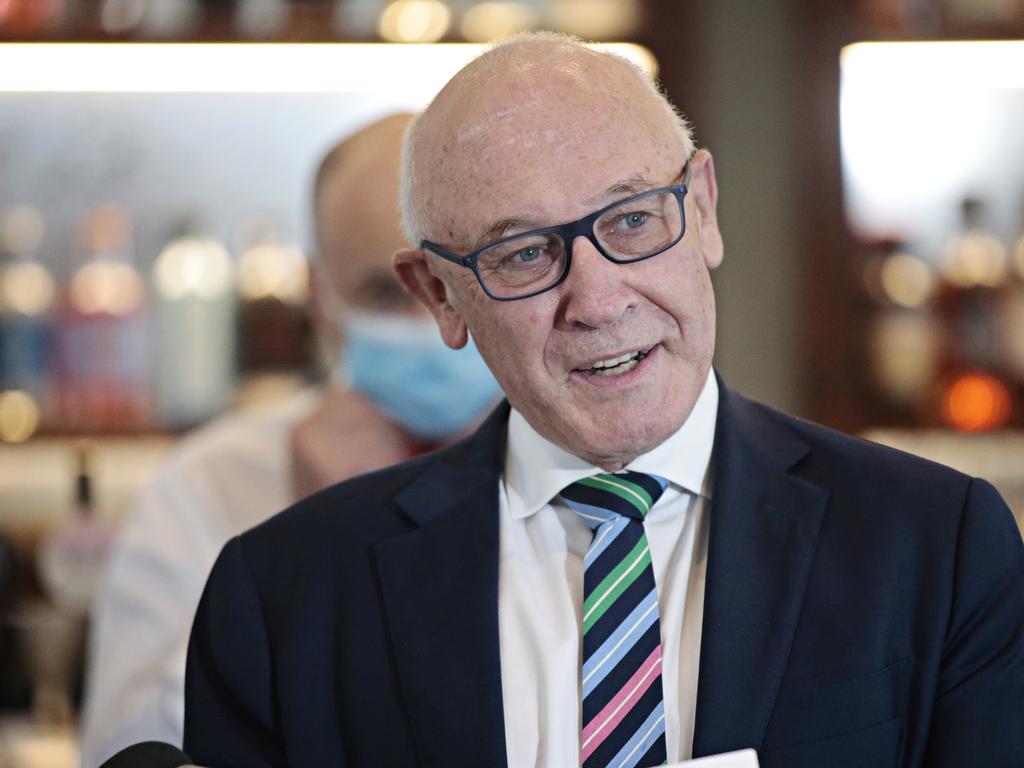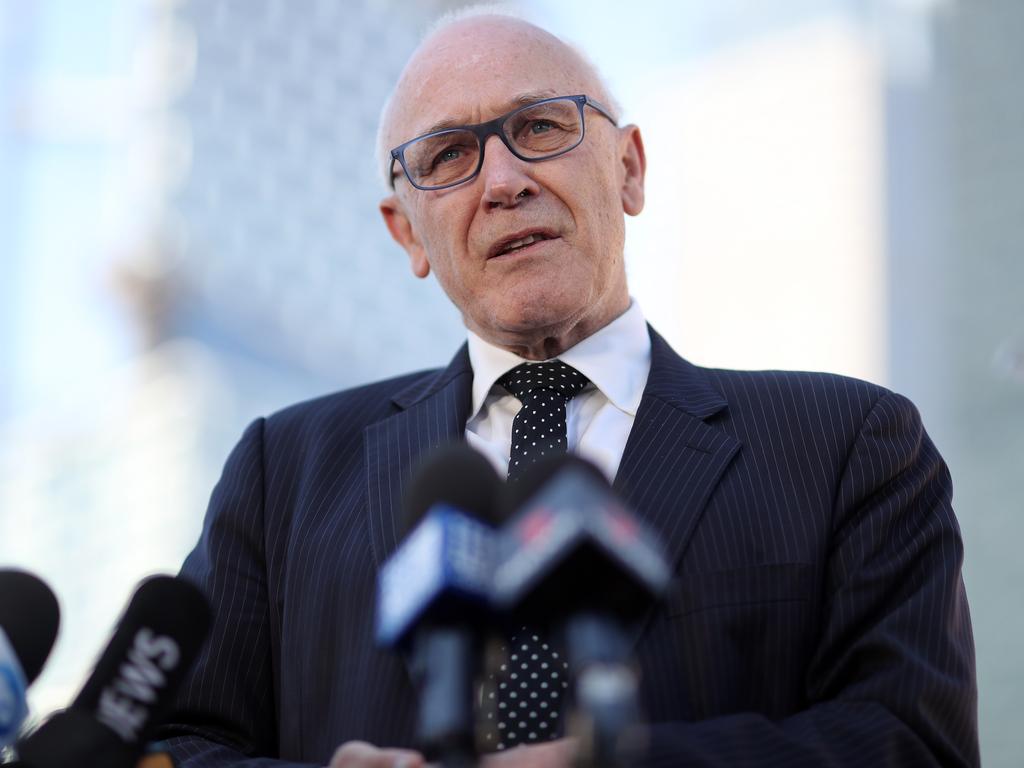Majority backing right to die laws in Sydney’s west
A majority of voters in western and southwestern Sydney say they support voluntary assisted dying laws that are set to be debated in parliament, according to a poll.

A majority of voters in western and southwestern Sydney say they support voluntary assisted dying laws that are set to be debated in parliament, according to a poll conducted across eight NSW seats, including two set for imminent by-elections.
The Insightfully survey of 3198 residents, commissioned by HOPE, an organisation that opposes the legalisation of euthanasia and assisted suicide, found that 58 per cent of residents supported assisted dying for people with a terminal illness, while 29 per cent opposed the laws.
The poll was conducted in the Labor-held seats of Strathfield, Leppington, Londonderry and Granville, as well as Liberal-held electorates of East Hills, Penrith, Holsworthy and Parramatta.
The proposed legislation will be debated from Friday in the NSW Legislative Assembly ahead of a vote in the coming weeks.
The bill was referred in October to a Legislative Council committee for examination, with findings to be made early next year. If it passes the lower house, it will face further debate in the upper house, followed by a second vote.
The Insightfully poll found that residents across the eight electorates rated the issue of voluntary assisted dying as a low priority, with fewer than one in 20 residents naming it above alternative priorities such as the state’s economic recovery, climate change, reducing emissions, supporting the elderly and improving healthcare.
Opposition to the bill was highest in the marginal seats of Strathfield, held by former Labor leader Jodi McKay, and Holsworthy, held by Liberal MP Melanie Gibbons, at 35 per cent and 33 per cent respectively,
By-elections are likely to be held in both seats in coming months after both MPs indicated their intention to resign from NSW parliament.
The seat of Penrith, held by deputy NSW Liberal leader Stuart Ayres, registered 31 per cent opposition, while 30 per cent of voters polled in the newly created seat of Leppington also said they were opposed to the legislation.
However, support appeared highest in the Liberal seat of East Hills and the Labor seat of Granville, with 64 per cent and 63 per cent of voters responding in favour of assisting dying.
The survey found MPs who voted in favour of voluntary assisted dying would risk facing a backlash, with 29 per cent of residents less likely to vote for their MP if they supported the legislation, compared with 27 per cent who said they would.
The polling was conducted on October 26 in the days after a wave of publicity about the proposed legislation, which led to commitments from the government and opposition parties for a conscience vote on the matter.
Premier Dominic Perrottet and Labor leader Chris Minns have each indicated they will not support the bill, as have other senior government ministers, including Finance Minister Damien Tudehope and Corrections Minister Anthony Roberts.
Former transport minister Andrew Constance has indicated he strongly supports the bill.
Assisted dying laws have been debated in NSW parliament several times over the past two decades, most recently in 2017 when the Legislative Council voted against a proposal by one vote – 20 to 19.
However, MPs who voted against that bill that time have since indicated a possible adjustment to their position.
NSW is the only state in Australia not to have adopted voluntary assisted dying laws; Mr Greenwich’s bill seeks to give terminally ill individuals the option to end their life, subject to conditions.
They will need to display a decision-making capability and prove they are suffering from a condition that is advanced, progressive and likely to cause death within six months. For neurodegenerative diseases, that timeframe increases to up to 12 months. They will also need to be assessed to ensure they are not making the decision under duress or pressure.
Mr Greenwich told The Australian: “Polling across the state consistently shows voters support people with a cruel and advanced terminal illness being given the option, through multiple safeguards, to access voluntary assisted dying.”








To join the conversation, please log in. Don't have an account? Register
Join the conversation, you are commenting as Logout